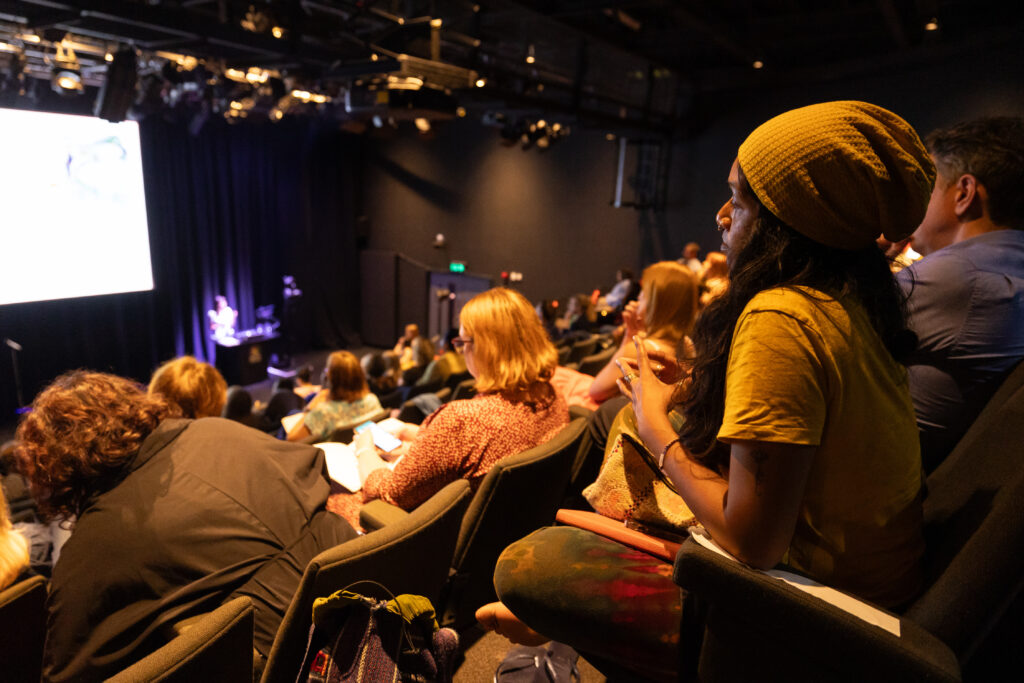Aidan Jolly

Why go to international conferences in the post-pandemic age, when it is possible to meet online, saving costs, carbon emissions, and travel time?
I recently attended a conference in Malta, the organisers of which lacked resources to offer an online option, but felt also felt that hosting two events in parallel generated inequity in the exchange of knowledge. Internet usage is also not carbon free.
So with climate change is it ever okay to travel? Or should we all stay at home?
Historically, only a privileged elite enjoyed intercontinental travel, while communication proceeded mostly by letter. Scholars or activists rarely travelled, at least outside Europe’s well-developed rail network. Nineteenth and early-twentieth century ‘emigrés’ – political exiles or diasporic migrants – fled to London and latterly to the United States. However, for most of the rest of the world, travel was far harder. Occasionally an Indian scholar found their way to Cambridge, where their welcome was cold in more ways than one, but this was rare. After Empire, and until recently, scholars in the UK mostly moved in funding-driven Eurocentric circles.
Since the late-twentieth century it has been possible for people from around the world, with similar objectives but different perspectives, to meet and talk, and break bread together. For over thirty years, and with the assistance of ‘solidarity funds’, scholars from the global North and South have met in person. I doubt that the outcomes of these meetings would be as rich if they only took place online.
For most though not all, embodied connection builds trust; sharing food and conversation creates foundations that enable communication to be continued online, but much more effectively. My own area of research deals with somatic and non-verbal ways of knowing. As Paulo Freire said, “we make the path by walking”. This cannot be fully realised in the Zoom room.
So what are we to do? There is no ‘right’ to air travel, but international solidarity, exchange and accountability depend on presence enabled by mobility. Perhaps in the future we can change this; but there will always be people who need to travel long distances, especially from the global South.
If we think of the issues in less binary terms, carefully chosen international meetings can be regarded as an investment, multiplying the power of exchange, and facilitating further communication. Scholars may agonise over meeting to talk, bear witness, and ‘feel’ a place or community, but the value of those interactions cannot always be measured, or replicated online.
Aidan Jolly, PhD student, is researching in the fields of social policy, creativity and performance at Edge Hill University.
